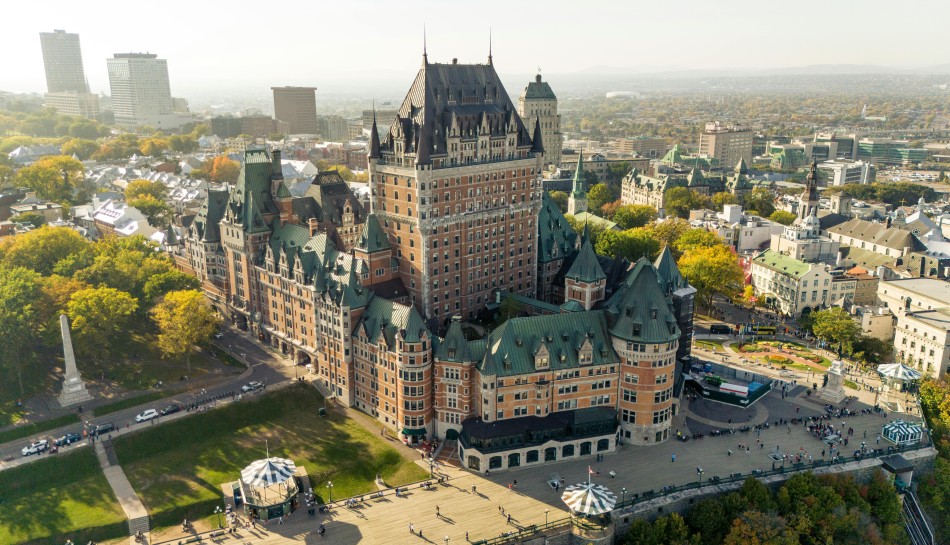SINP has issued nearly 900 invitations to apply for a provincial nomination this month.
Saskatchewan held a major selection round on January 21, inviting immigration candidates to apply for a provincial nomination for Canadian permanent residence.
The Saskatchewan Immigrant Nominee Program (SINP) invited candidates from the International Skilled Worker category through two subcategories: Express Entry, and Occupations In-Demand.
The SINP allows Saskatchewan to nominate immigration candidates with skills required in the province’s labour market.
A total of 502 invitations were sent out to immigration candidates who had work experience in select occupations. A total of 189 were invited through the Express Entry sub-category, and 313 invitations went to Occupations In-Demand candidates.
Saskatchewan invited candidates who had work experience in one of 79 occupations. More information about the occupations that were included in this selection round can be found on the province’s webpage.
The SINP uses the EOI system to select the candidates that have the most potential to succeed in the regional labour market. Candidates need to demonstrate their commitment to building a life in Saskatchewan by showcasing their work experience, education, language ability, age, and connections to the province.
Saskatchewan gives candidates a score out of 100 according to the International Skilled Worker Points Assessment Grid. The highest-scoring candidates are then issued an invitation to apply for a provincial nomination from Saskatchewan.
In order to be invited in this draw, candidates from both sub-categories needed to have submitted Expression of Interest (EOI) profiles with the SINP. Regardless of the category, invited candidates needed a score of at least 77 under the SINP’s EOI points grid.
In late 2020, Saskatchewan made changes to its points system to give more EOI points to people who can speak English and French.
Express Entry sub-category
In the latest invitation round, Saskatchewan issued 189 invitations to candidates who had profiles in the federal Express Entry pool.
The federal Express Entry system manages the pool of candidates for three of Canada’s main economic-class immigration programs: Federal Skilled Worker Program, Federal Skilled Trades Program, and Canadian Experience Class.
Express Entry candidates who apply for and receive a provincial nomination from the province of Saskatchewan are awarded an additional 600 points toward their Comprehensive Ranking System (CRS) score.
This also applies to all of Canada’s Provincial Nominee Programs that are aligned with Express Entry.
Occupations In-Demand sub-category
The Occupations In-Demand sub-category is open to immigration candidates who do not have a federal Express Entry profile. This program is for immigration candidates who have work experience in occupations that have labour shortages in Saskatchewan.
There were 313 Occupations In-Demand candidates invited to apply for a provincial nomination.
Sources : cicnews.com




















